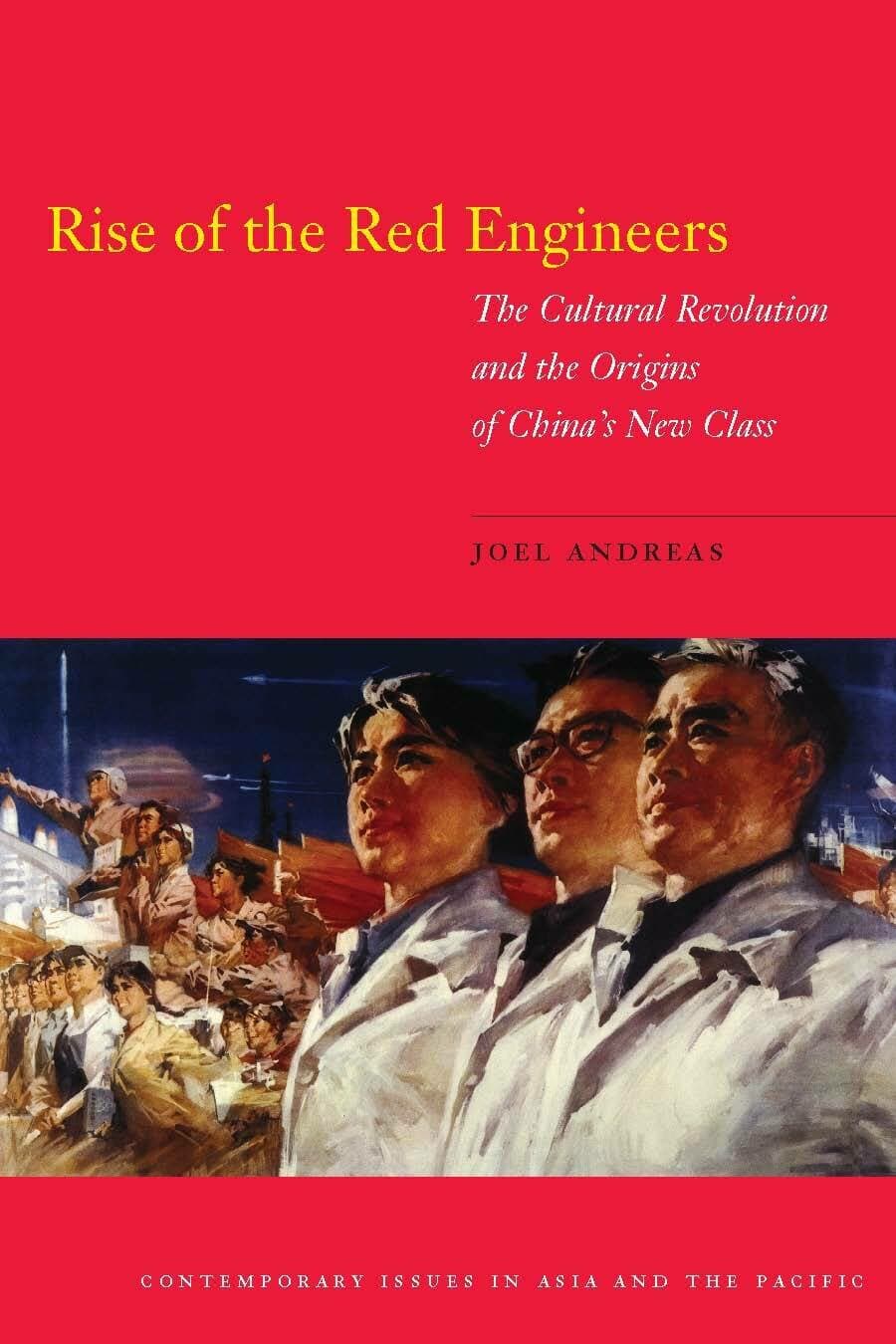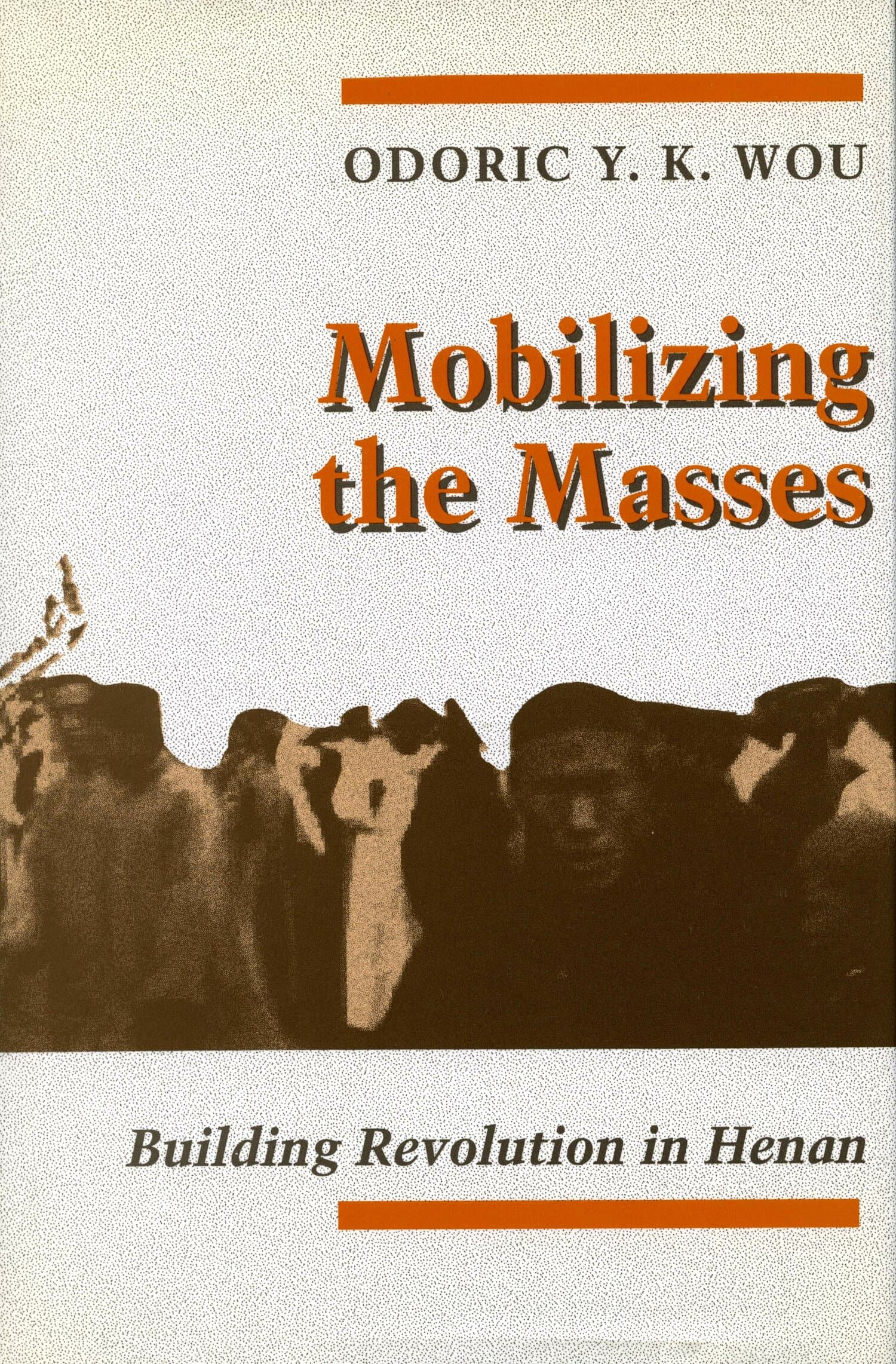The Politics of Rights and the 1911 Revolution in China

China's 1911 Revolution was a momentous political transformation. Its leaders, however, were not rebellious troublemakers on the periphery of imperial order. On the contrary, they were a powerful political and economic elite deeply entrenched in local society and well-respected both for their imperially sanctioned cultural credentials and for their mastery of new ideas. The revolution they spearheaded produced a new, democratic political culture that enshrined national sovereignty, constitutionalism, and the rights of the people as indisputable principles.
Based upon previously untapped Qing and Republican sources, The Politics of Rights and the 1911 Revolution in China is a nuanced and colorful chronicle of the revolution as it occurred in local and regional areas. Xiaowei Zheng explores the ideas that motivated the revolution, the popularization of those ideas, and their animating impact on the Chinese people at large. The focus of the book is not on the success or failure of the revolution, but rather on the transformative effect that revolution has on people and what they learn from it.
"In this powerful, original analysis, Xiaowei Zheng traces the genealogy of 'constitutionalism' and the transformation of elite consciousness in the last decades of the Qing dynasty. She analyzes both political culture and electoral politics and skillfully tacks between local and national levels. This is the best book on the 1911 Revolution to appear in many years, and it will be the point of departure for all future research on the subject."—Matthew Sommer, Stanford University
"A major contribution to the historiography of the 1911 Revolution, this book illuminates the events leading to the birth of the Chinese republic in a context wherein the propagation of new ideas prepared both elites and commoners to turn against the Qing government. Zheng depicts, in vivid and compelling detail, the constitutional movement and the 1911 Revolution in Sichuan, without losing sight of nationwide developments."—Li Huaiyin, University of Texas at Austin
"The Chinese Revolution of 1911 toppled the Qing dynasty and established a republic. In this thoughtful, well-written work, Zheng argues that the revolution ushered in a new political culture of respect for the equality and rights of citizens, formed in response to the imperialist threat to the nation."—K.E. Stapleton, Choice
"The Politics of Rights and the 1911 Revolution in China should be mandatory reading for all scholars of twentieth- and twenty-first-century China."—Peter J. Carroll, Twentieth-Century China
"This study offers an important new framework for understanding China's 1911 Revolution by bringing intellectual change to the fore as the most decisive factor in creating the conditions for revolution."—Edward McCord, China Review International
"[A] considerable accomplishment in this impressive book....The repeated failures to establish the requisite political and institutional structures to successfully translate the emergence of this potent force into genuine, orderly, and meaningful political participation of the Chinese people in the management of their own country is, indeed, the tragedy of the Chinese revolution."—Michael Tsin, American Historical Review
"The Politics of Rights and the 1911 Revolution in China is worth the attention of every student of modern China."—Peter Zarrow, Journal of Asian Studies




